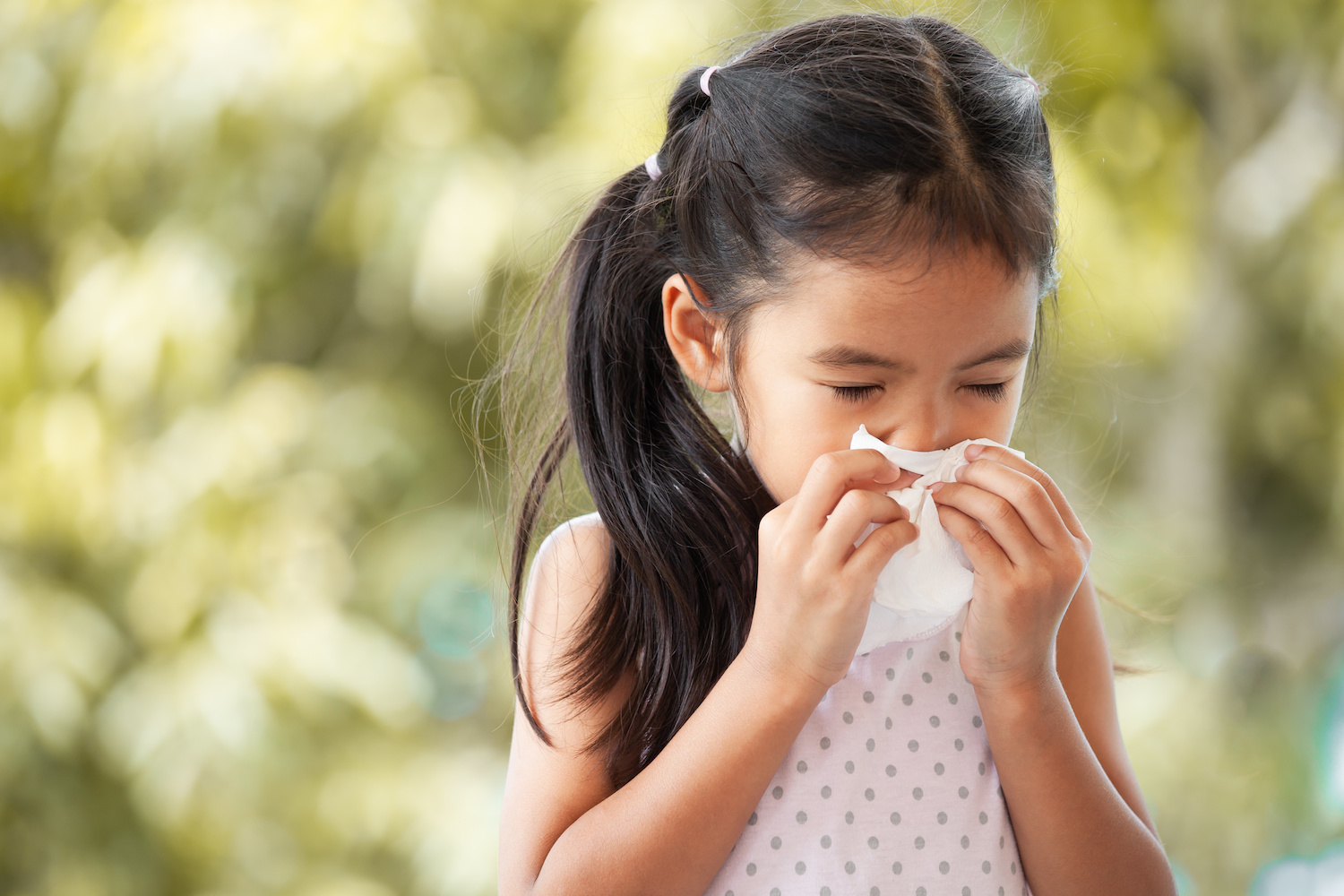Allergies are one of the most common health issues affecting children in the US today. It is estimated that 8.4% of the total population of children are living with hay fever and one in every 13 children has food allergies. And this statistic is continuously rising each year.
Allergies or allergic reactions happen when the body’s immune system reacts abnormally to foods and things that are typically harmless. The body’s immune system treats a food item or a material as an invader that will harm the body, therefore, it produces antibodies called immunoglobulin. This immunoglobulin will then make some cells in the body to produce and release chemicals such as antihistamine to fight off the “invaders”. The allergy that a person experiences is the body’s reaction towards the release of these chemicals.
Can infants have allergies?
Anybody can develop allergies and it is mostly hereditary. Parent’s allergies can pass down to their children. However, not all children inherit the allergy from their parents. Moreover, an infant can still develop an allergy even if the parents are not allergic to something.
Types of Allergies
There are numerous types of allergies and allergens in the world that infants may become susceptible to. These allergies can take many forms and can include food and medicine triggers as well as environmental triggers like indoor allergies. According to Food Allergy Research & Education, approximately 5.6 million children in the US under the age of 18 have food allergies. The most common foods to trigger allergies are milk, egg, peanut, tree nuts, wheat, soy, fish and crustacean shellfish. Babies and toddlers are unlikely to have hay fever. Seasonal allergies to things such as pollen and grass usually don’t appear until a child is about 3 to 4 years old. That’s because the exposure to each type of pollen is for only a few weeks each year and children require a few years of exposure to become sensitized.
If you suspect that your child has an allergy, bring your child to Bernstein Allergy Group for further workup and evaluation. The doctor may ask you about your child’s symptoms and your family’s history with allergies. Your child may also undergo a series of tests to determine what may be triggering your child’s symptoms.

